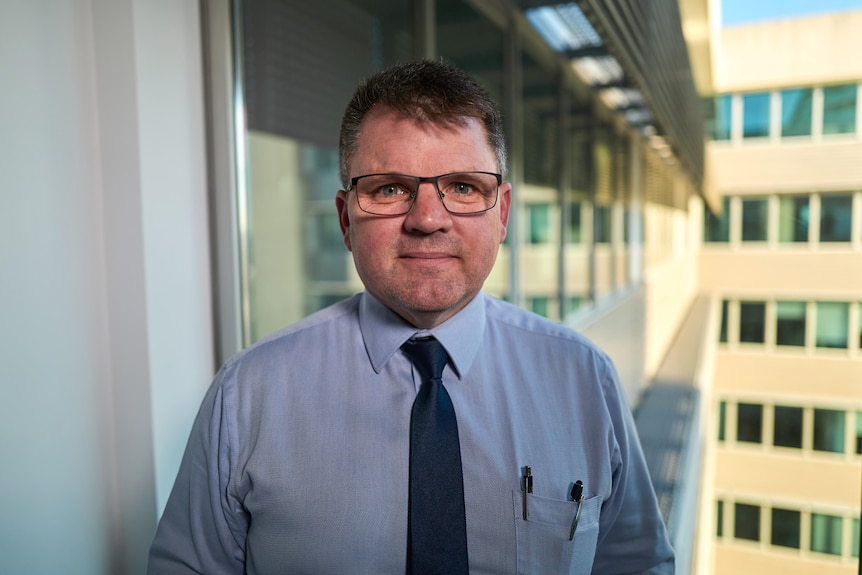
Qantas pilot Tony Lucas says low pay and high barriers to entry are responsible for Australia’s shortage of pilots.
Key points:
- Qantas pilot Tony Lucas says it costs $150,000 to become a fully fledged pilot
- Mr Lucas says junior pilots are often paid less than $35,000 per year
- He says pilots are cautiously optimistic with the appointment of new Qantas chief executive Vanessa Hudson
And with the former chief executive Alan Joyce taking an early retirement following public pressure, Mr Lucas says pilots are turning to the new boss in hopes of change.
The Australian and International Pilots Association president has been in cockpits for 28 years but said recently, industry conditions had deteriorated.
Mr Lucas said it cost $150,000 to become a fully fledged pilot, and junior pilots were now be “lucky” to earn $35,000 in their first year.
He said the rostering system was “fundamentally broken”, with freshly minted pilots often working less than two hours per day.
Mr Lucas said after three years or so, a junior pilot could go on to work for QantasLink as a first officer, where they would earn about $65,000 per year.
“Smart young people look at that return on investment and think, ‘It’s not for me’,” Mr Lucas said.
“They can do better with their time, effort and energy in other industries, and that now means we’re short of pilots.
“What we’ve seen over the half-decade or so is an industrial regime that has treated pilots like a commodity rather than a valued resource.”
He told ABC Brisbane that the pilot shortages were particularly dire in Qantas’ subsidiaries companies, such as QantasLink, Network Aviation and National Jet Systems.
However, he said it was an industry-wide problem, with pilots “flocking overseas” for jobs that were becoming more readily available and well-paid after the height of the pandemic than Australian alternatives.
During COVID shutdowns, about 230 pilots took an early retirement or voluntary redundancy, and most of those roles were yet to be filled, Mr Lucas said.
However, he said recruitment was proving challenging with pilots moving overseas and young people choosing not to join the industry in the first place.
But with the appointment of Vanessa Hudson as chief executive, he said pilots were cautiously optimistic about the future.
“We might feel deflated at the moment, but we’re not defeated,” he said.
“We don’t have rear vision mirrors in our aeroplanes, so we’re always forward-looking.
“We’re looking forward to rebuilding the airline into the icon it should be so that it’s known and loved throughout Australia as it has been in the past.
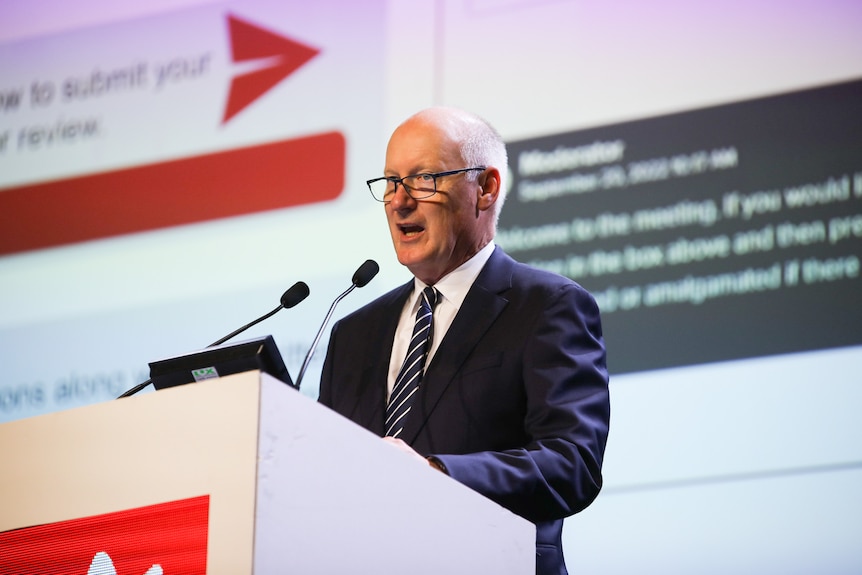
Qantas chairman Richard Goyder said the new chief executive would have challenging work ahead to restore public faith in Australia’s major airliner.
“This transition comes at what is obviously a challenging time for Qantas and its people,” Mr Goyder said.
“We have an important job to do in restoring the public’s confidence in the kind of company we are, and that’s what the board is focused on and what the management under Vanessa’s leadership will do.”
A Qantas spokesperson said the company paid pilots the highest rates in Australia.
Loading
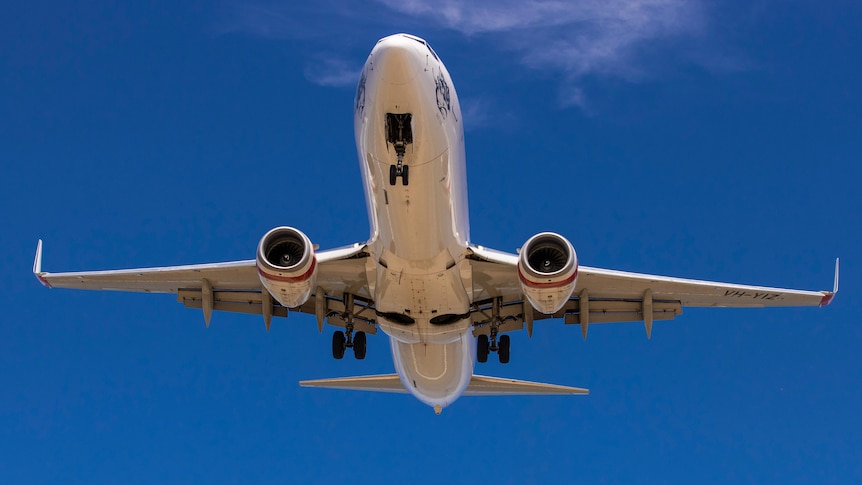
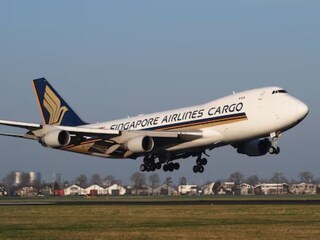
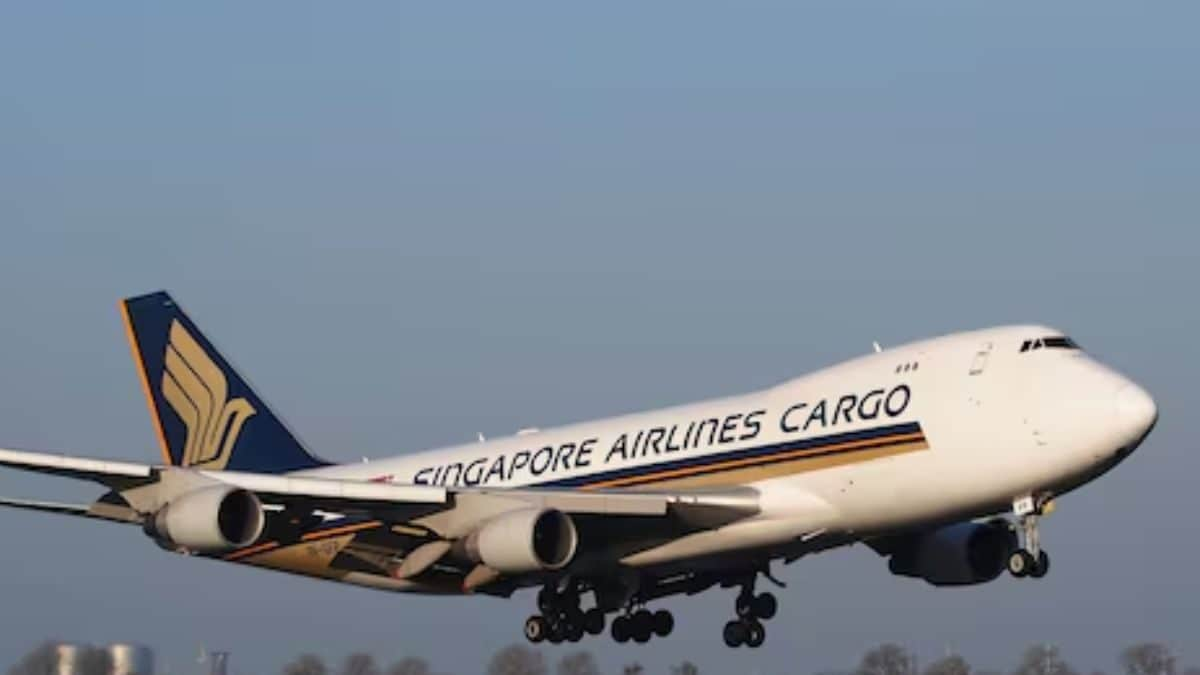
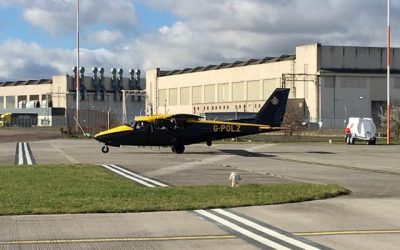
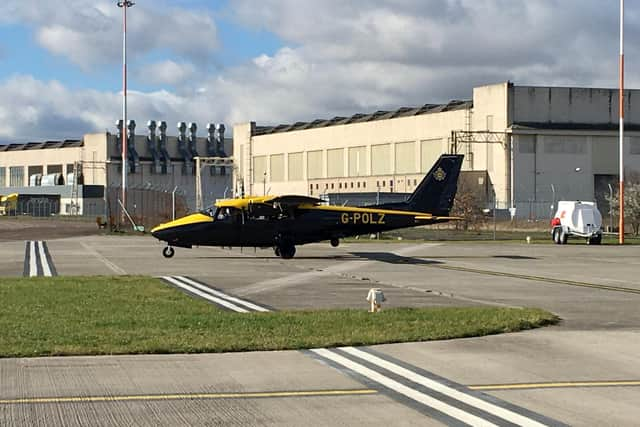
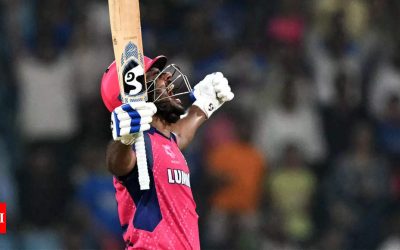
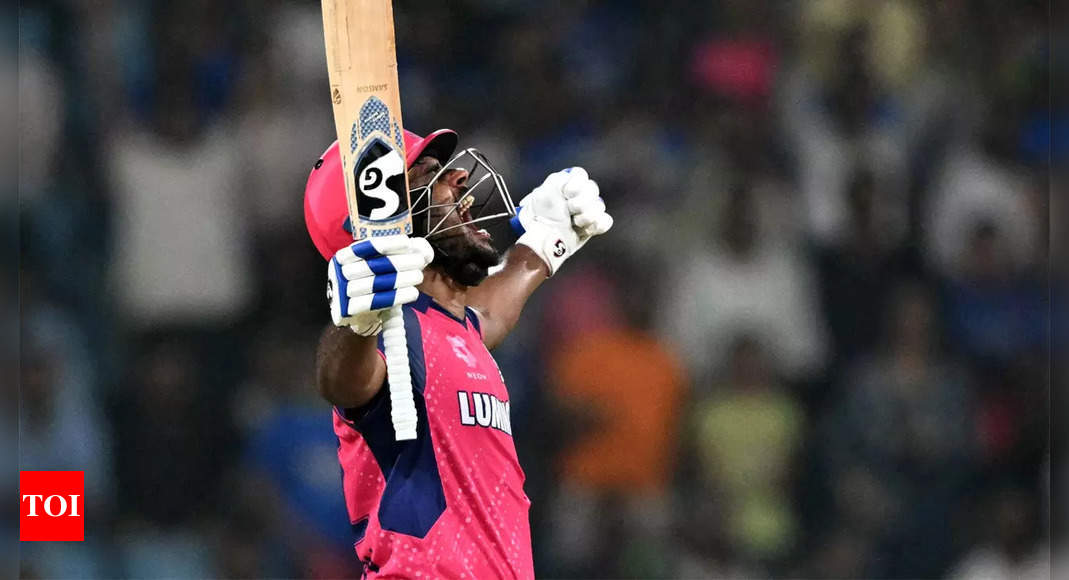
0 Comments